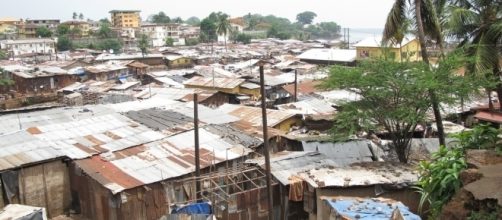food help is getting to 1000s who survived a landslide on the borders of Sierra Leone's capital Freetown, the United Nations World Food Programme (WFP) explained on Wednesday, a couple of days after 400 persons passed away and much more than 3,000 were left houseless.
WFP
Lots of homes were hidden as a lot of people went to sleep when a mountainside broke down in the city of Regent on Monday morning, in one of Africa's most dangerous landslides in several years. The WFP is dispersing two-week provisions of rice, grains, oil, and salt to a minimum of 7,500 Men And Women, including heirs, their hosts, saving employees and charnel house team.
WFP country director Housainou Taal said in a statement that the mudslides had left a path of death and devastation. Then, he added that they are are concentrating on the heirs. So, they can recuperate and move ahead. Rescue units have competed to remove survivors and dispose of cadavers, but the central morgue is bewildered, and numerous human bodies are still worried caught below mud and debris.
400 bodies
About 400 human bodies have been discovered up until now, but that quantity is likely soon to exceed} 500 as the research proceeds, Freetown's chief coroner Seneh Dumbuya said on Tuesday. Greater than 3,000 men and women have been left houseless and in the immediate requirement of health care, shelter, and food, while another 600 are missing, the Sierra Leone Red Cross Society said.
Idalia Amaya, an emergency relief coordinator for Catholic Relief Services (CRS), told the Thomson Reuters Foundation that the possibility of discovering more survivors is "slim to none." Charitable organizations such as World Vision are offering emergency and health kits to heirs, consisting of water purification tablets to prevent threatening illness such as cholera and typhoid.
Polluted water
Polluted drinking water and water-logging frequently release such contaminations right after mudslides and floods. The risk is intensified by the lots of cadavers lying in the open, in suppressing heat, and potentially dripping liquids into rivers. WFP's Taal said that they could only hope the rains and flash floods subside, so the current emergency does not turn into the biggest catastrophe. The nation of 6 million people is one of the weakest in the world and was wrecked by Western Africa's 2014-16 Ebola outbreak, which killed about 4,000 people in the former British colony.


